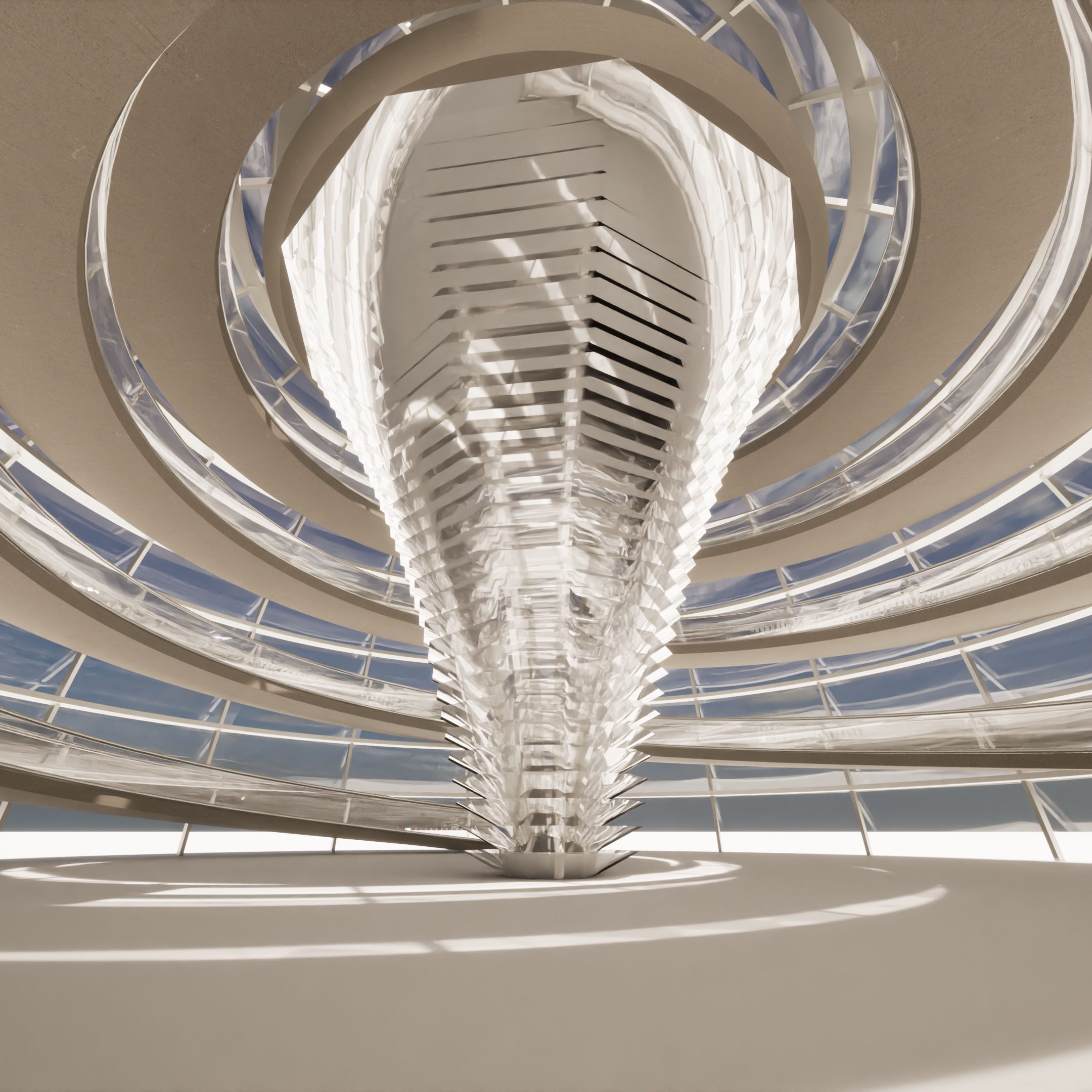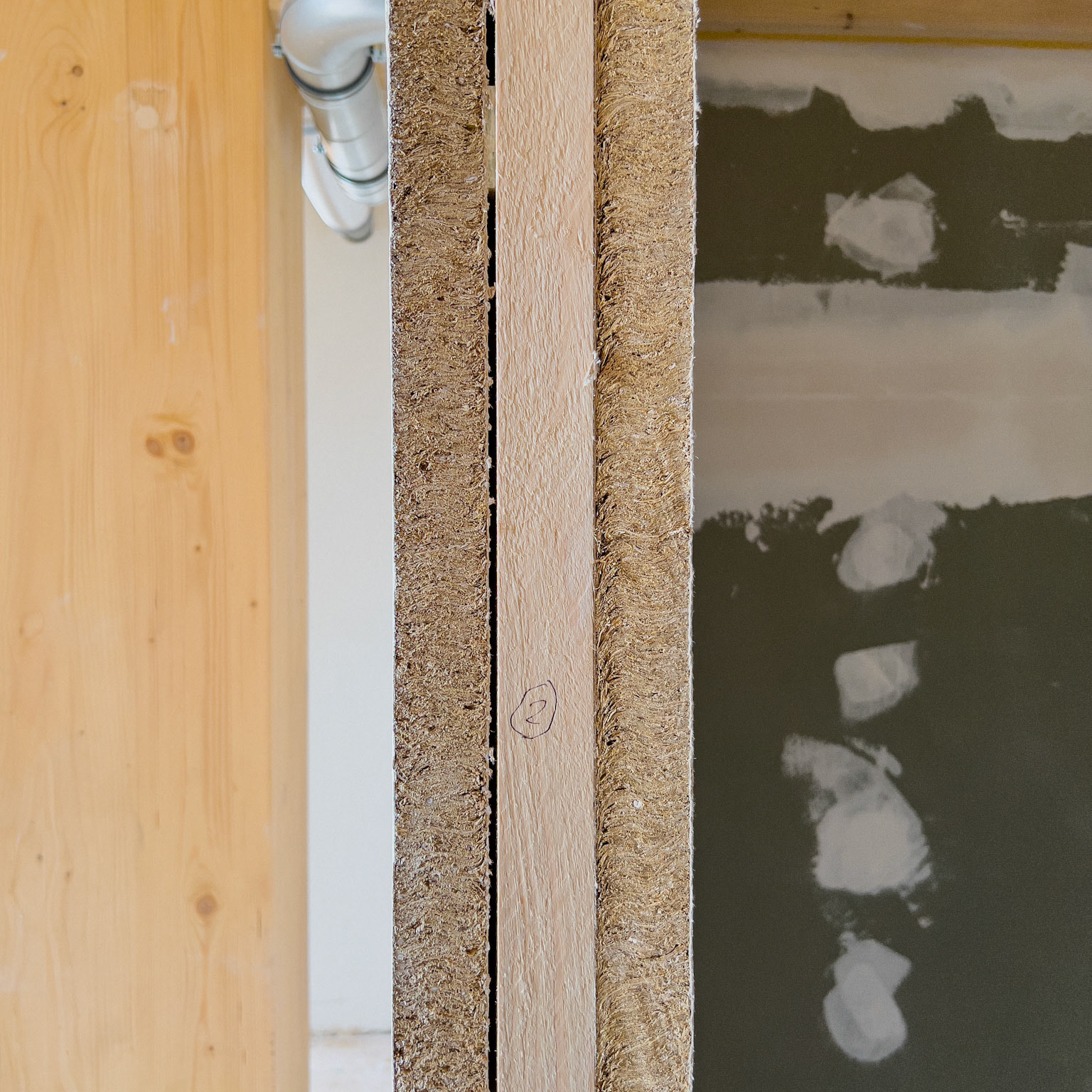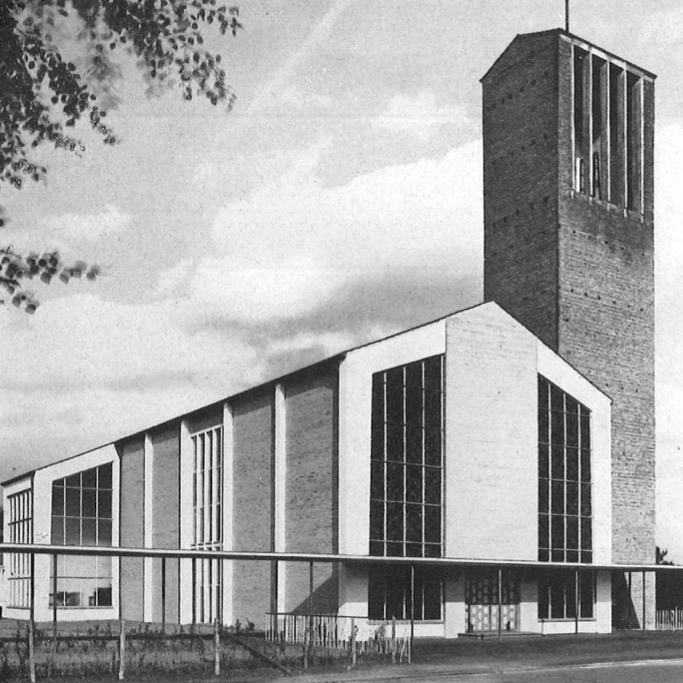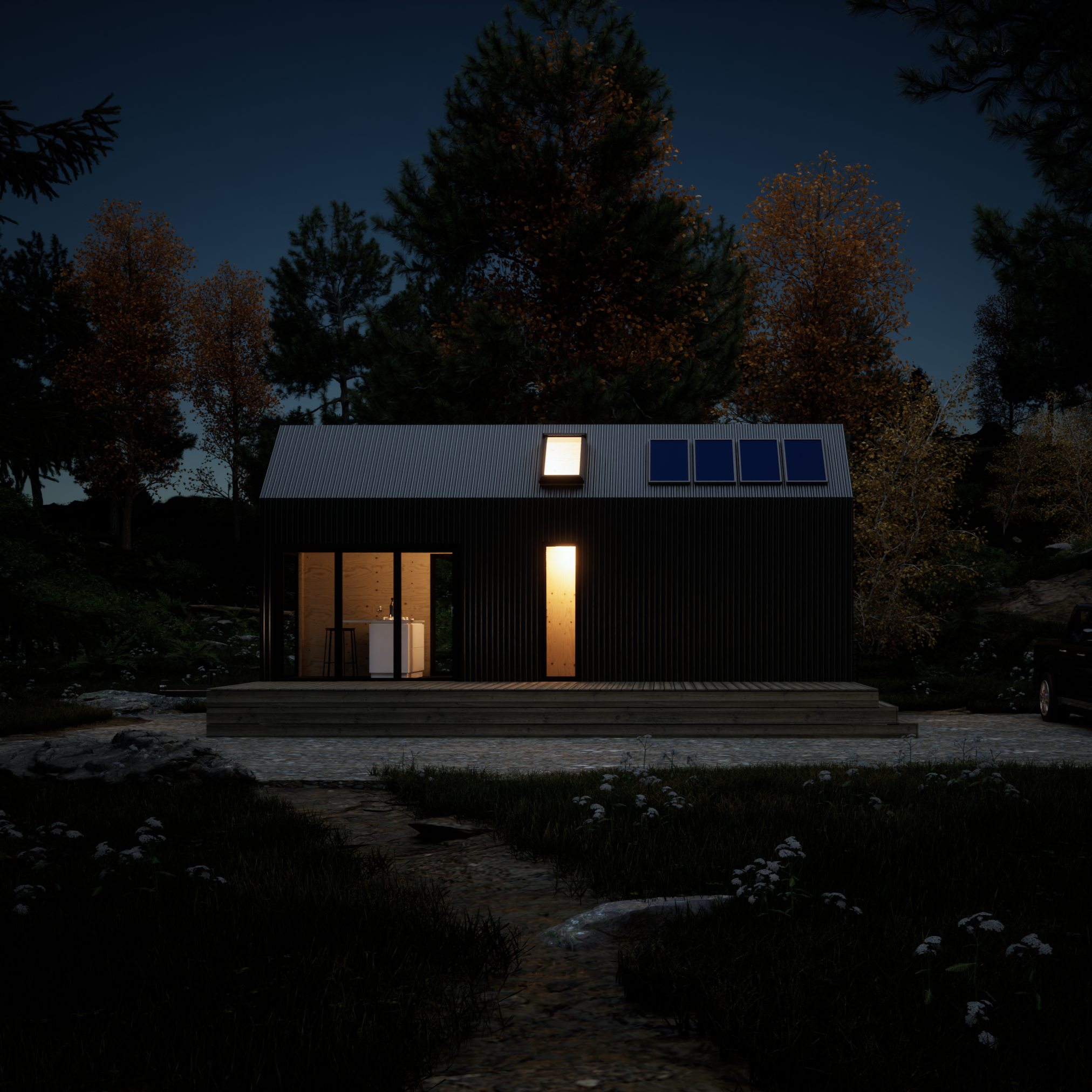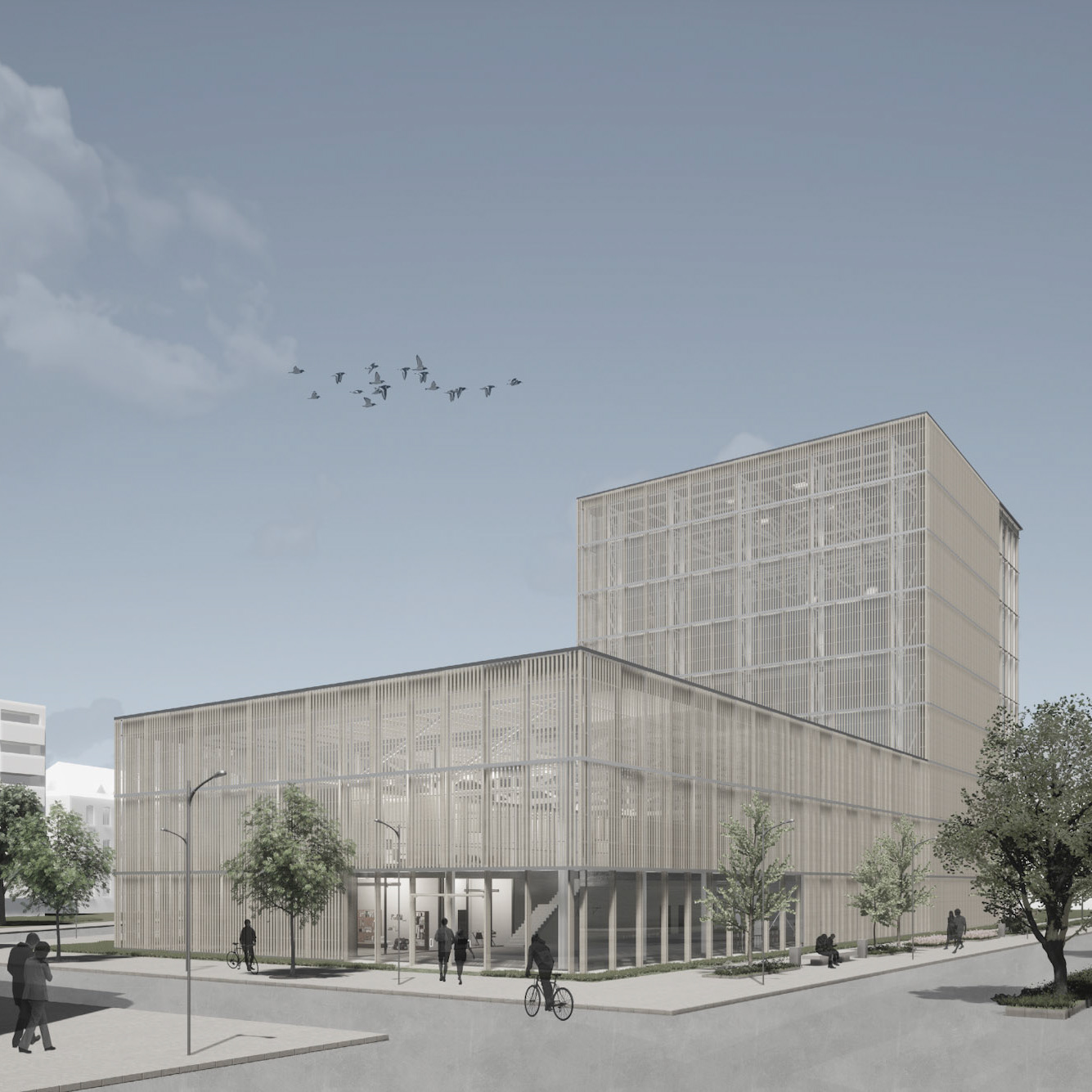Self-Developed Architectural Variant Data Visualization App with Stakeholder Mediation Integration
Technical University of Munich
Design Computation Lecturer: Prof. Dr.-Ing. Frank Petzold
Area of Teaching and Research: Chair of Architectural Informatics
Design Computation Lecturer: Prof. Dr.-Ing. Frank Petzold
Area of Teaching and Research: Chair of Architectural Informatics
Group Members : Stefanie Ostertag, Julia Nick, Jonathan Wahl
Due to high operating costs, the application requires approximately 50 seconds to start as the server initializes. Additionally, access is currently limited to the voting feature only, as maintaining the full Rhino infrastructure backend is too expensive to offer for free over an extended period.
Concept Development:
Game Workshop
After the Game Workshop, we developed our own game to try and find a solution for how to solve the architectural challenges, as well as reuse and redestribute the materials. The game helped us to come up with a kind of „configurator tool“, to make it possible for the stakeholders
to be included in the problemsolving and the design stage of the project, while representing their interests and ideas of what the redesign should represent.
After the Game Workshop, we developed our own game to try and find a solution for how to solve the architectural challenges, as well as reuse and redestribute the materials. The game helped us to come up with a kind of „configurator tool“, to make it possible for the stakeholders
to be included in the problemsolving and the design stage of the project, while representing their interests and ideas of what the redesign should represent.
Presentation by Oliv Architects
After the presentation by Oliv Architects, we realized how valuable the tool could be in the sense of mediating between all the stakeholders, since they oftentimes have very different imaginations about important projects like the future of a department store. Thus, we developed the idea for an Interactive Mediation Tool for Collaborative Architectural Planning. Eventually, we stumbled upon the problem that it was very hard to determine, which parts of the building should be interchangeable, and how to include this into a tool.
We also initially planned that the tool would evaluate the variants itself with the help of formulas, but this would be a challenge and very difficult to use, since the data could be very unreliable.
After the presentation by Oliv Architects, we realized how valuable the tool could be in the sense of mediating between all the stakeholders, since they oftentimes have very different imaginations about important projects like the future of a department store. Thus, we developed the idea for an Interactive Mediation Tool for Collaborative Architectural Planning. Eventually, we stumbled upon the problem that it was very hard to determine, which parts of the building should be interchangeable, and how to include this into a tool.
We also initially planned that the tool would evaluate the variants itself with the help of formulas, but this would be a challenge and very difficult to use, since the data could be very unreliable.
Feedback by pcb Architects and de+ Architects
After getting the feedback by two architecture companies, we decided that the tool can only work, if the design of the variants, as well as the evaluation is up to the architect, since he or she is the expert and has to make sure to only present feasible changes that make sense for changing the building .
After getting the feedback by two architecture companies, we decided that the tool can only work, if the design of the variants, as well as the evaluation is up to the architect, since he or she is the expert and has to make sure to only present feasible changes that make sense for changing the building .
Outlook
Common Ground currently supports data driven decision making and structured discussions for architectural projects. However, based on the feedback we received, there are two main areas to develop further:
Advanced Mediation Support
While Common Ground helps users compare numerical data (e.g., costs, CO2 footprint), many stakeholders also care about less tangible issues, such as political or emotional concerns. Future updates could include tools that capture these non-quantifiable factors, ensuring that discussions consider both objective metrics and the real-world negotiations that often shape final decisions.
On-Site Visualization with Augmented Reality
Another key feature would be the ability to view full-scale models on the actual site. The underlying frameworks (Grasshopper, ShapeDiver) already support basic AR functionality, so the foundation is in place. Expanding these capabilities would allow stakeholders to see exactly how each variant fits into its surroundings, leading to more concrete feedback and better-informed decisions particularly for larger or more complex projects.
By combining clear data presentation, flexible mediation tools, and more realistic visualisation, Common Ground can evolve into a balanced platform that considers both the technical and human factors of architectural design.
